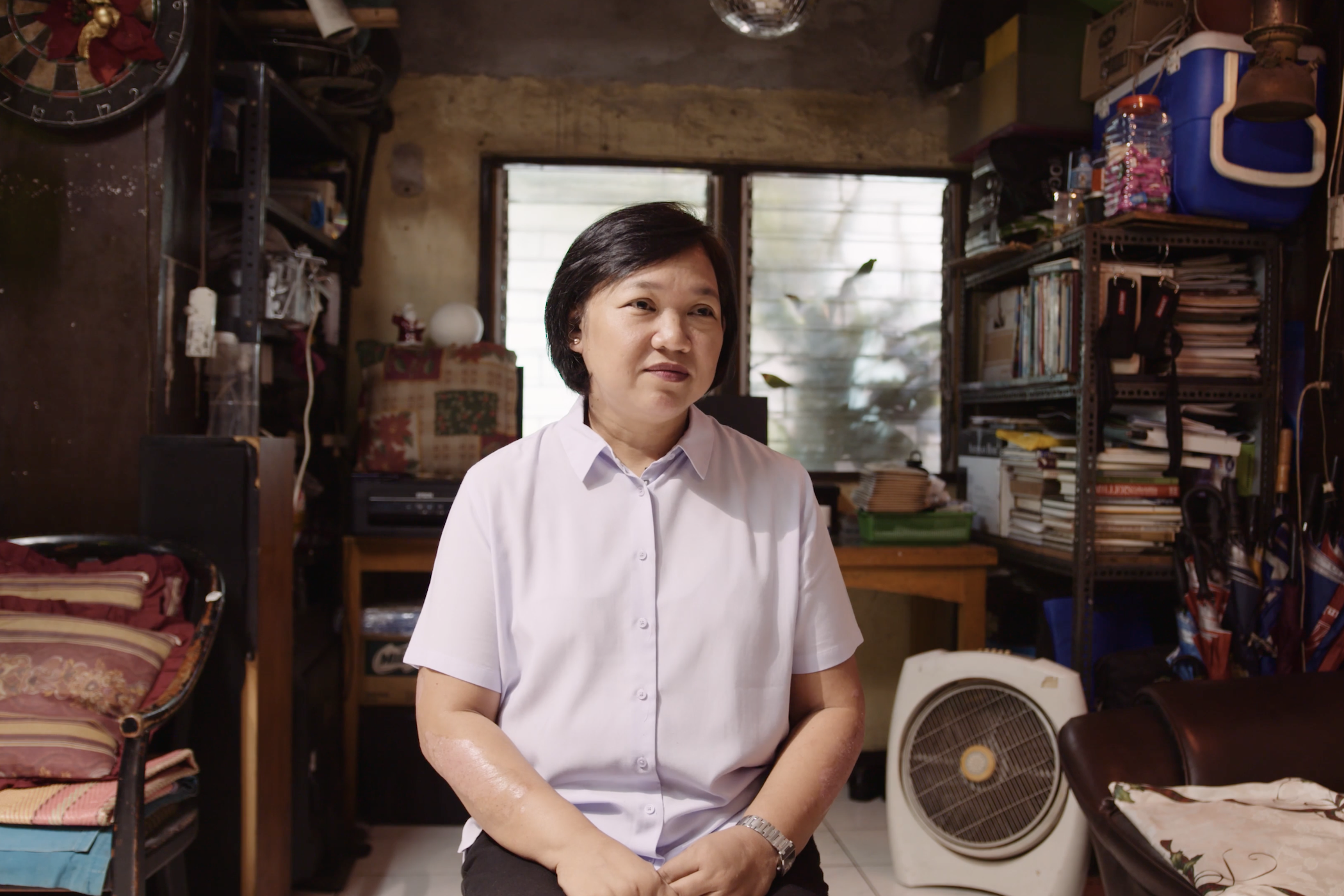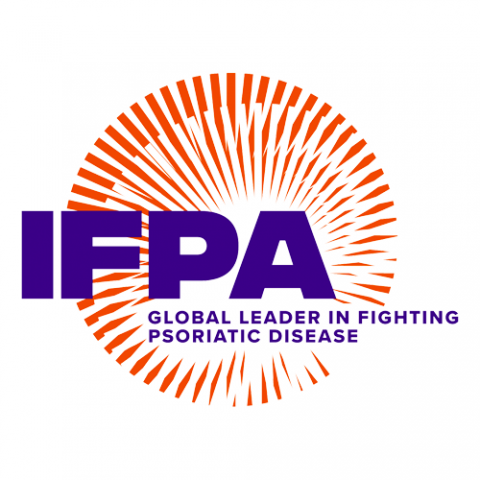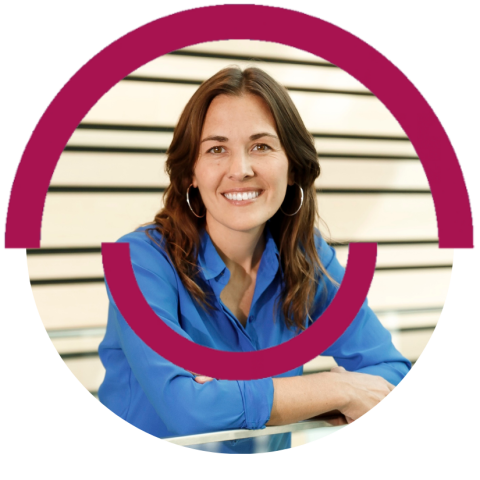For us at IFPA, the International Federation of Psoriasis Associations, this year’s UN General Assembly (UNGA) was more than just another high-level meeting. It was a long-awaited opportunity for a civil society organisation representing people living with psoriatic disease to raise voices that have been missing on the global health agenda.
At least 60 million people worldwide are living with psoriatic disease today. Add their families and caregivers, and the community affected is far larger. But when decisions are made on the future of healthcare, their perspectives are rarely noted, let alone heard. That has to change.
Some may ask why psoriatic disease deserves space in the already crowded global NCD agenda. After all, cardiovascular disease and cancer alone claimed around 29 million lives in 2021, representing over 43% of all deaths worldwide. Of course, the urgency of addressing these leading killers cannot be overstated.
But narrowing the focus only to the main NCDs, cardiovascular disease, cancers, chronic respiratory diseases, and diabetes, and excluding entire communities like people living with psoriatic disease, means ignoring the reality — that health is interconnected. Psoriatic disease reflects the very challenges of the NCD global health agenda today: the domino effect of untreated or misunderstood health conditions rippling through families, communities, and economies.
Psoriasis is not just a skin disease. It is a chronic, painful, inflammatory condition that affects the entire body and is strongly linked to other NCDs. People with psoriasis face up to a 50% higher risk of cardiovascular disease, a 19% higher risk of stroke, and nearly double the risk of type 2 diabetes in severe cases. Mental health is deeply affected: over a quarter are diagnosed with depression, and almost half experience anxiety. The ripple effects also extend beyond those who live with the disease, as over 90% of family members report that the disease affects their daily lives, mental health, and relationships.
The importance of listening to those with lived experience of the disease is what we advocated for at the sidelines of UNGA this year. We co-hosted a panel discussion with Devex, where Kate Reynolds, a person with psoriatic disease, shared her experience living with Generalized Pustular Psoriasis (GPP), a rare and potentially life-threatening form of the disease. Her words struck me: “…Not dead is a great outcome for what was happening to me, but there’s a world of difference between not dead and thriving…”
Kate captured perfectly why including patient voices matters: “A lot of times I feel like we are treated as a series of illnesses, and it’s not considered that we are an entire person with entire lives, and maybe living with more than one noncommunicable illness. You cannot just treat one part of someone, you need to treat the whole person.”
Kate’s words cut to the core of what policymakers often miss out: we need a holistic and inclusive approach to care, where people living with psoriatic disease are not seen as passive recipients, but as lived experience experts. They know firsthand of the gaps, the stigma, the system failures. And the only way to design sustainable health policies is to incorporate the voices of people with lived experience and their expertise from the start.
This is the future we at IFPA are fighting and advocating for: a future where people with psoriatic disease, like Kate, no longer feel the need to hide their hands at work out of shame or fear of rejection. A future where diagnosis comes quickly, and the best suitable treatment is available. A future where no one’s health condition stands in the way of pursuing the dreams, careers, or lives they want to live.
This is the future everyone deserves, and the one we cannot afford to delay.






